
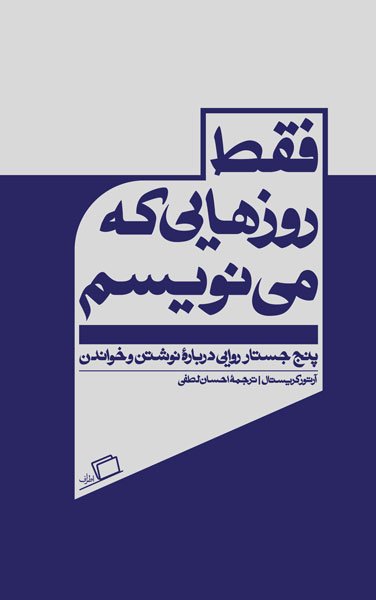
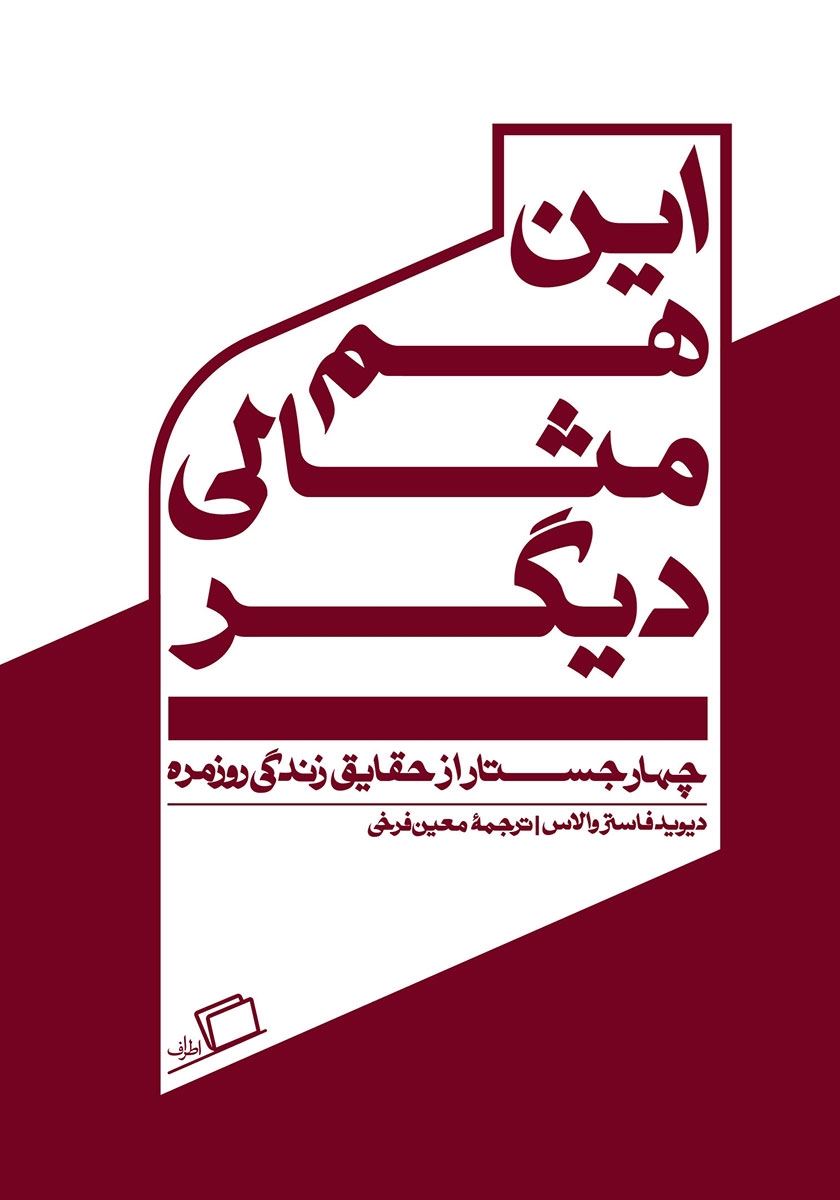
Books in series

The Abundance
Narrative Essays Old and New
2016

فقط روزهایی که مینویسم
پنج جستار روایی دربارهی خواندن و نوشتن
2017

این هم مثالی دیگر
چهار جستار از حقایق روزمره زندگی
2017
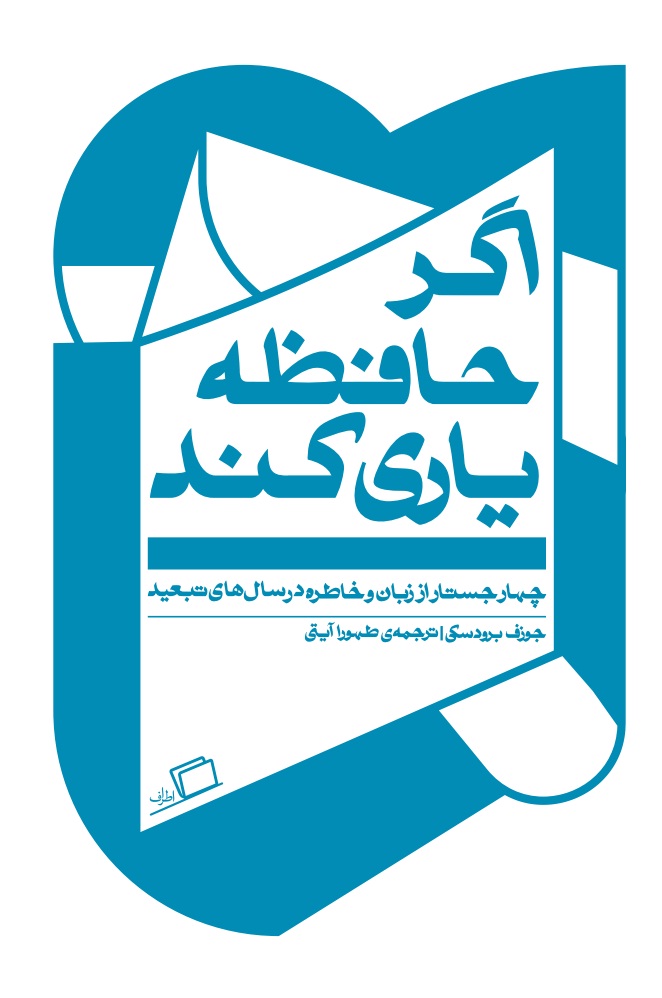
اگر حافظه یاری کند
2020
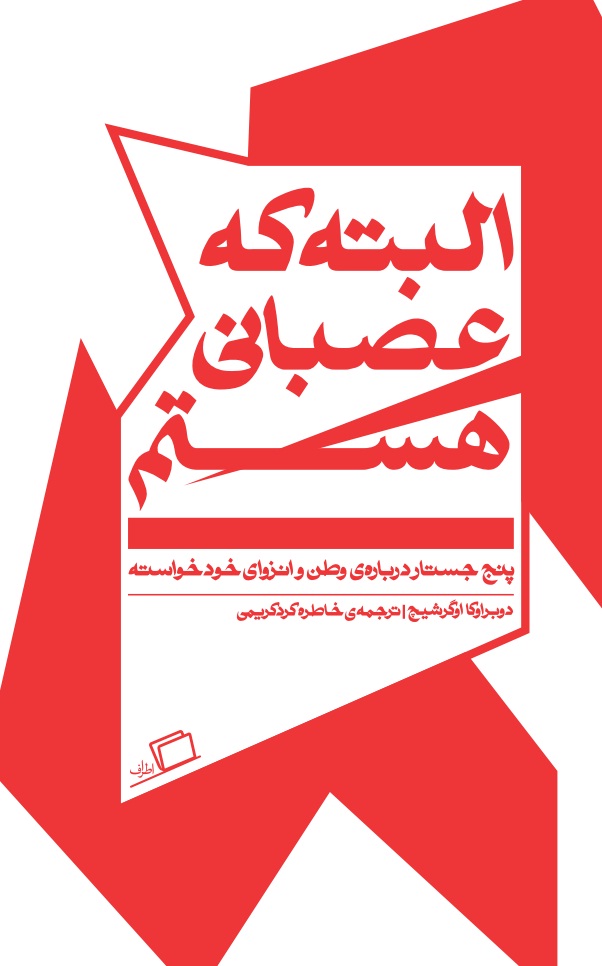
البته که عصبانی هستم
2018

Papeles falsos
2010

درد که کسی را نمیکشد
2019
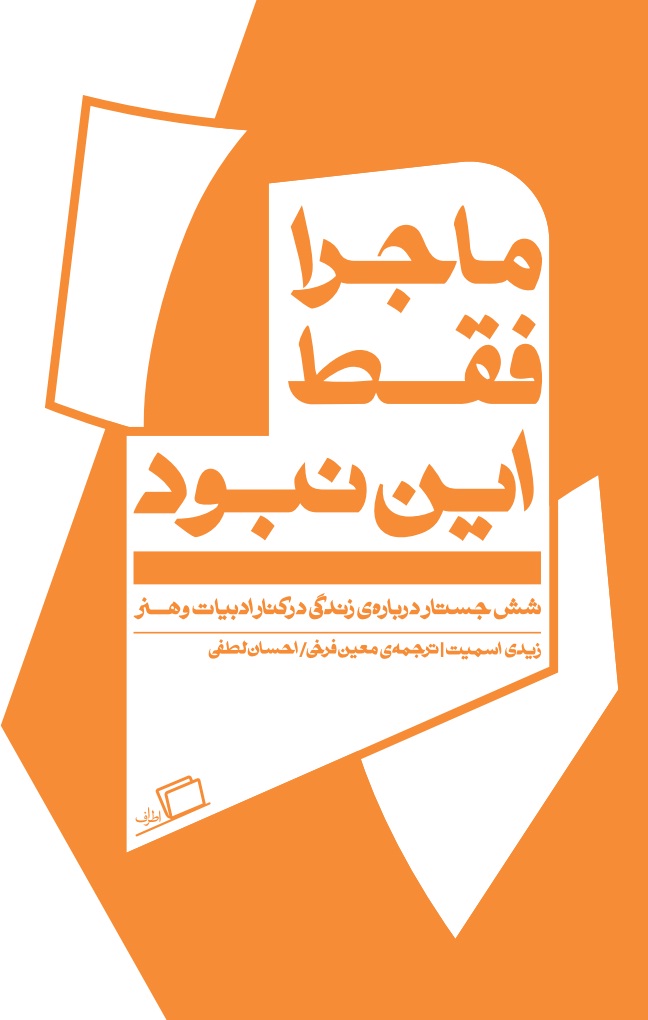
ماجرا فقط این نبود
2019
Authors

David Foster Wallace worked surprising turns on nearly everything: novels, journalism, vacation. His life was an information hunt, collecting hows and whys. "I received 500,000 discrete bits of information today," he once said, "of which maybe 25 are important. My job is to make some sense of it." He wanted to write "stuff about what it feels like to live. Instead of being a relief from what it feels like to live." Readers curled up in the nooks and clearings of his style: his comedy, his brilliance, his humaneness. His life was a map that ends at the wrong destination. Wallace was an A student through high school, he played football, he played tennis, he wrote a philosophy thesis and a novel before he graduated from Amherst, he went to writing school, published the novel, made a city of squalling, bruising, kneecapping editors and writers fall moony-eyed in love with him. He published a thousand-page novel, received the only award you get in the nation for being a genius, wrote essays providing the best feel anywhere of what it means to be alive in the contemporary world, accepted a special chair at California's Pomona College to teach writing, married, published another book and, last month [Sept. 2008], hanged himself at age 46. -excerpt from The Lost Years & Last Days of David Foster Wallace by David Lipsky in Rolling Stone Magazine October 30, 2008. Among Wallace's honors were a Whiting Writers Award (1987), a Lannan Literary Award (1996), a Paris Review Aga Khan Prize for Fiction (1997), a National Magazine Award (2001), three O. Henry Awards (1988, 1999, 2002), and a MacArthur Foundation "Genius" Grant. More: http://www.thehowlingfantods.com/dfw

Zadie Smith is the author of the novels White Teeth, The Autograph Man, On Beauty, NW, and Swing Time, as well as two collections of essays, Changing My Mind and Feel Free. Zadie was elected a fellow of the Royal Society of Literature in 2002, and was listed as one of Granta's 20 Best Young British Novelists in 2003 and again in 2013. White Teeth won multiple literary awards including the James Tait Black Memorial Prize, the Whitbread First Novel Award and the Guardian First Book Award. On Beauty was shortlisted for the Man Booker Prize and won the Orange Prize for Fiction, and NW was shortlisted for the Baileys Women's Prize for Fiction. Zadie Smith is currently a tenured professor of fiction at New York University and a Member of the American Academy of Arts and Letters. Visit www.zadiesmith.com for more information.

Annie Dillard (born April 30, 1945) is an American author, best known for her narrative prose in both fiction and non-fiction. She has published works of poetry, essays, prose, and literary criticism, as well as two novels and one memoir. Her 1974 work Pilgrim at Tinker Creek won the 1975 Pulitzer Prize for General Nonfiction. Dillard taught for 21 years in the English department of Wesleyan University, in Middletown, Connecticut. (from Wikipedia)


Jonathan Franzen is the author of The Corrections, winner of the 2001 National Book Award for fiction; the novels The Twenty-Seventh City and Strong Motion; and two works of nonfiction, How to Be Alone and The Discomfort Zone, all published by FSG. His fourth novel, Freedom, was published in the fall of 2010. Franzen's other honors include a 1988 Whiting Writers' Award, Granta's Best Of Young American Novelists (1996), the Salon Book Award (2001), the New York Times Best Books of the Year (2001), and the James Tait Black Memorial Prize (2002). http://us.macmillan.com/author/jonath...


Dubravka Ugrešić was a Yugoslav, Croatian and Dutch writer. She left Croatia in 1993 and was based in Amsterdam since 1996. She described herself as "post-Yugoslav, transnational, or, even more precisely, postnational writer". Dubravka Ugrešić earned her degrees in Comparative Literature, Russian Language and Literature at the University of Zagreb, and worked for twenty years at the Institute for Theory of Literature at Zagreb University, successfully pursuing parallel careers as a writer and a literary scholar. She started writing professionally with screenplays for children’s television programs, as an undergraduate. In 1971 she published her first book for children Mali plamen, which was awarded a prestigious Croatian literary prize for children’s literature. Ugresic published two more books (Filip i Srecica, 1976; Kucni duhovi, 1988), and then gave up writing for children. As a literary scholar Dubravka Ugrešić was particularly interested in Russian avant-garde culture. She was a co-editor of the international scholarly project Pojmovnik ruske avangarde, (A Glossary of the Russian Avangarde) for many years. She rediscovered forgotten Russian writers such as Konstantin Vaginov and Leonid Dobychin, and published a book on Russian contemporary fiction (Nova ruska proza, 1980). She translated fiction into Croatian from Russian (Boris Pilnyak, Gola godina; Daniil Kharms, Nule i nistice), and edited anthologies of both Russian contemporary and avant-garde writing (Pljuska u ruci, 1989). Dubravka Ugrešić was best known in the former Yugoslavia for her fiction, novels and short stories: Poza za prozu, 1978; Stefica Cvek u raljama zivota, 1981; Zivot je bajka, 1983; Forsiranje romana reke, 1988. Her novel Forsiranje romana reke was given the coveted NIN-award for the best novel of the year: Ugrešić was the first woman to receive this honor. Croatian film director Rajko Grlic made a film U raljama zivota (1984) based on Ugrešić’s short novel Stefica Cvek u raljama zivota. Ugrešić co-authored the screenplay, as she did with screenplays for two other movies and a TV drama. In 1991, when the war broke out in the former Yugoslavia, Ugrešić took a firm anti-nationalistic stand and consequently an anti-war stand. She started to write critically about nationalism (both Croatian and Serbian), the stupidity and criminality of war, and soon became a target of the nationalistically charged media, officials, politicians, fellow writers and anonymous citizens. She was proclaimed a “traitor”, a “public enemy” and a “witch” in Croatia, ostracized and exposed to harsh and persistent media harassment. She left her country of origin in 1993. Dubravka Ugrešić continued writing since she began living abroad. She published novels (Muzej bezuvjetne predaje, Ministarstvo boli) and books of essays (Americki fikcionar, Kultura lazi, Zabranjeno citanje, Nikog nema doma). Her books have been translated into more then twenty languages. Dubravka Ugrešić has received several major European literary awards. In 2016, Ugrešić won the Neustadt International Prize for Literature. On March 17th of 2023, one of Europe's most distinctive essayists, Dubravka Ugrešić, died in Amsterdam at the age of 73.